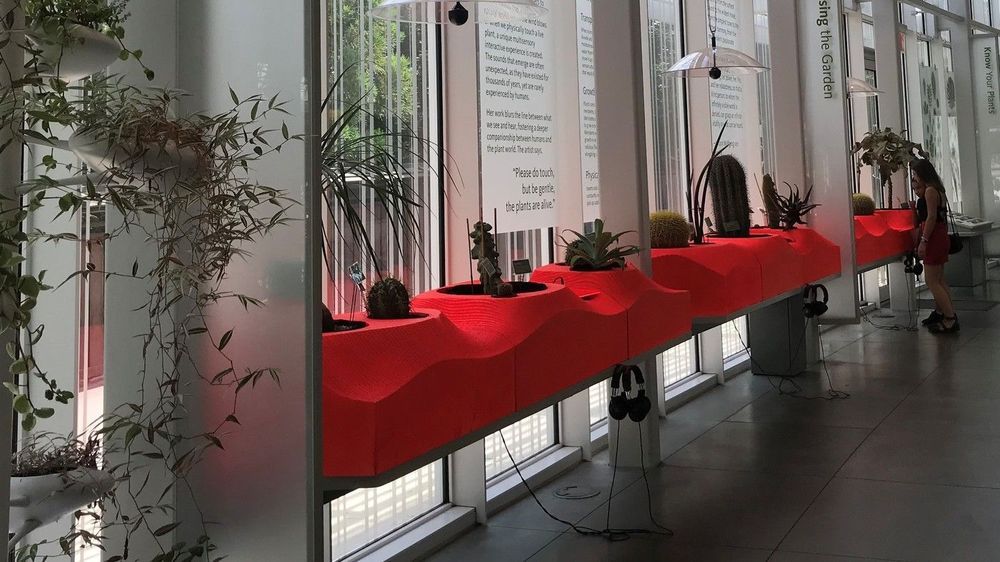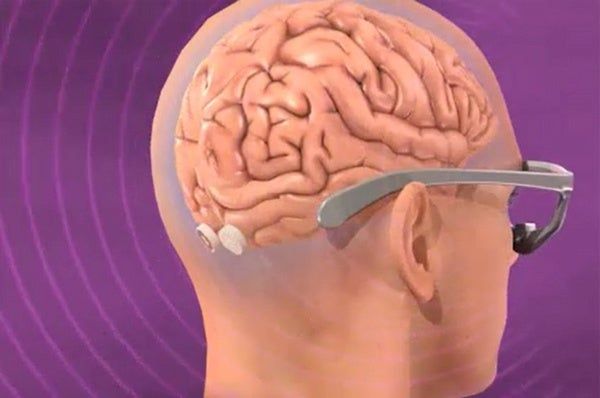Aug 27, 2019
These Researchers Want to Run a Cable From the Earth to the Moon
Posted by Genevieve Klien in categories: materials, space travel
It would be much easier to escape Earth’s gravity if you could skip the energy-intensive rockets.
That’s the idea behind the Spaceline, a newly-proposed type of space elevator that would link the Earth and the Moon in a bid drastically cut the cost of space travel.
Described in research published to the preprint server ArXiv by researchers at Columbia University and Cambridge University, the Spaceline would be tethered to the surface of the Moon and dangle down into geostationary orbit around the Earth like a plumb bob, waiting for astronauts to latch on and ride into the cosmos. The proof-of-concept paper found that the Spaceline could be constructed out of materials that exist today, raising the possibility of easier space travel and perhaps even orbital settlements.


















